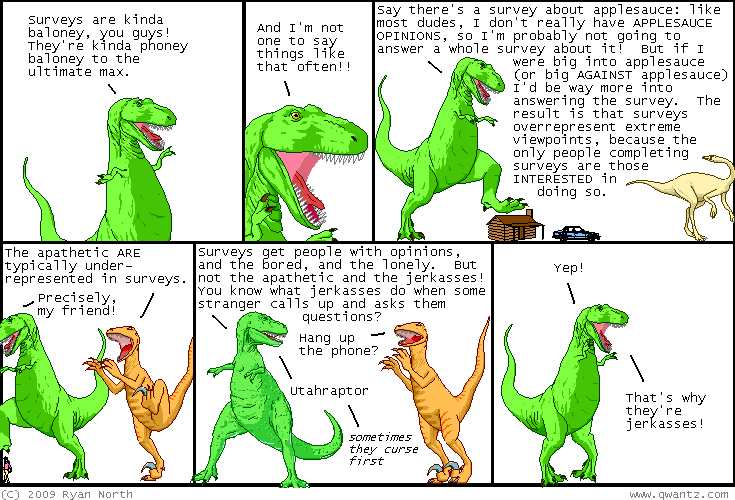This week the Sydney Morning Herald published yet another survey on religiosity in Australia. The results continue to show that the majority of Australians call themselves Christians while the minority are actually actively involved in church… how should the church fix that disparity?
The more conventional Christians, those who believe in – and occasionally worship – a personal God make up a neat 50 per cent of the nation.
There are some interesting demographic breakdowns…
Women are more certain that God created the world (27 per cent to 18 per cent) and wrote the Bible (40 per cent to 28 per cent) but aren’t so sure every word of the Good Book has to be taken to be literally true (25 per cent to 30 per cent). The least Christian community in Australia is young men; the most Christian are women of a certain age.
It seems that the “progressives” are gaining some traction.
They [Christians] are convinced (94 per cent) that Christ was a historical figure; fairly confident (91 per cent) that He was the Son of God; increasingly sceptical (72 per cent) about the Virgin Birth; and oddly – considering its key importance to the faith – uncertain that He rose from the dead (85 per cent). These beliefs are held very confidently. The Nielsen poll found almost nine out of 10 Australian Christians were absolutely or fairly certain of their beliefs.
Across all faiths and no faith 34 per cent of the population thought these texts were the word of God. A clear majority (61 per cent) thought they were written by man. Christians showed far greater confidence in the Bible (58 per cent) than other religions showed in their texts (35 per cent).
Then the findings just got a little weird…
Astrology
Christians seem hardly more likely (44 per cent) than the rest of us to put their faith in the stars.
Psychics
The Christians in our midst are markedly more likely (52 per cent) to put their faith in telepathy, clairvoyance, psychic healing etc.
The beliefs regarding science and the origin of life were also pretty interesting…
Most Australians believe God played a part in the process. That He created all life at a stroke about 10,000 years ago is believed by 23 per cent of us. That He guided a long process over time is believed by another 32 per cent. The beliefs of Australian Christians are even more dramatic, with 38 per cent supporting Genesis and another 47 per cent favouring the God of Design.
In the year in which the 200th anniversary of Darwin’s birth was celebrated around the world, only 12 per cent of Australian Christians believe his theory of natural selection. For all the talk of Darwin’s preeminence in modern science, attitudes to evolution remain the litmus test of belief and disbelief in Australia. Christians offer the most meager support, while 89 per cent of those who deny God’s existence back Darwin.
What do the other 11% who deny God’s existence back?
Heaven, hell, angels, witches and the devil get a tick from about 10 per cent of those who doubt or disbelieve the existence of God. A quarter support miracles; 27 per cent put their faith in astrology and UFOs; and a mighty 34 per cent believe in ESP. So a third of the nation’s atheists, agnostics and doubters have turned their back on God, but not on magic.
But it seems Australia is trending towards atheism. Nearly half of young men aged under 25 identify as atheists. Atheism is de rigueur for the angry young man.
Men outnumber women by two to one in the ranks of the deniers. They are joined by nearly half (42 per cent) of Australians under 25. But only a quarter of those over 55 are as sure that no God awaits them as their end approaches.
Here are the results for a similar survey in the US.
- 82% of American adults believe in God
- 76% believe in miracles
- 75% believe in heaven
- 73% believe Jesus is God or the Son of God
- 72% believe in angels
- 71% believe in the survival of the soul after death
- 70% believe in the resurrection of Jesus
- 45% of adults believe in Darwin’s theory of evolution
- 40% believe in creationism.
- 61% of adults believe in hell
- 61% believe in the virgin birth (Jesus born of Mary)
- 60% believe in the devil
- 42% believe in ghosts
- 32% believe in UFOs
- 26% believe in astrology
- 23% believe in witches








